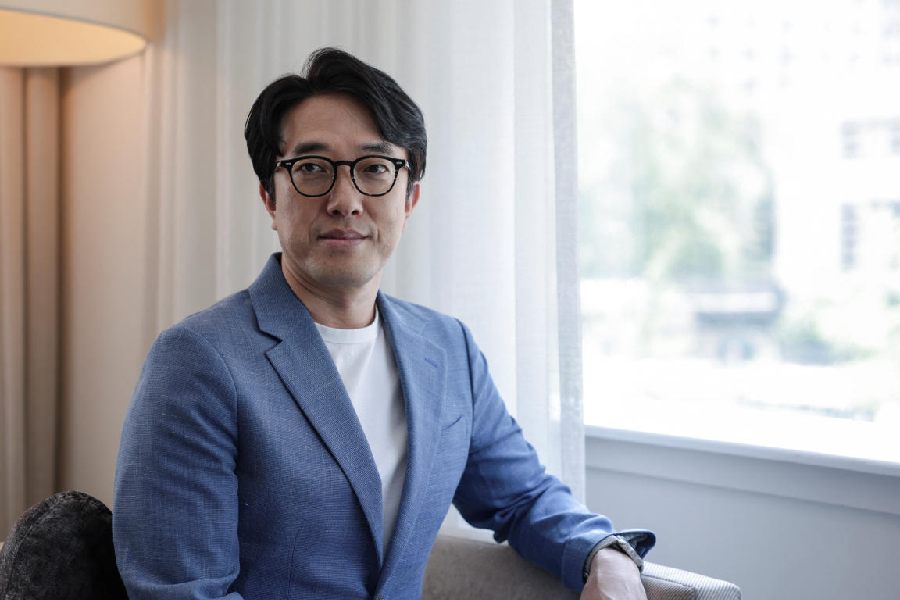South Korea, one of the closest security allies of the US, is facing a new tariff rate of 25 per cent. Even as President Donald Trump has extended the time frame for doing deals to August 1 and governments continue to negotiate, Samsung, the largest company in Korea, said it is prepared for “different scenarios”.
“Samsung has production facilities in many countries and obviously trade can be affected because things can change in any one country or more. We have long had a system to respond if something happens in any one country. With the US tariffs, uncertainty has been very high for some time. So we have been making a lot of preparation under our scenario planning so that we can secure business stability and price stability for consumers,” Won-Joon Choi, president and COO of mobile experience business and head of R&D office, Samsung Electronics, told a group of Indian journalists on the sidelines of the launch of the company’s latest foldable phones, Galaxy Z Fold7 and Galaxy Z Flip7, in New York.
Samsung is already manufacturing some of the smartphones going to the US at its factory in India.
The US is a crucial market for Samsung’s foldable phones. Earlier this week, the company estimated its second-quarter operating profit to plunge 55.9 per cent from a year earlier due to sluggish chip business and the fallout from US trade policies.
At the same time, for the upcoming quarter, the company is eyeing a rebound in demand and sales of premium high-bandwidth memory chips.
The South Korean company has production facilities in several countries. “We are ready to produce for the US from multiple factories,” said Choi. “We have already established a system in which we can shift from one to another to respond to the final decision more flexibly. Even without the tariff situation, we operate with multiple factories across the globe and we have always tried to optimise our operations as efficiently as possible.”
Earlier this month, White House trade adviser Peter Navarro reignited criticism of Apple’s dependence on China. “Going back to the first Trump term, Tim Cook (Apple CEO) has continually asked for more time in order to move his factories out of China,” Navarro told CNBC. “I mean it’s the longest-running soap opera in Silicon Valley.”
According to a Reuters report from April, Apple aims to make most of its iPhones sold in the US at factories in India by the end of 2026, and is intensifying those plans to navigate potentially higher tariffs in China, its main manufacturing base.
Samsung’s Choi also touched upon the issue of rare earth materials, over which China has a chokehold and is crucial to the manufacturing of several devices. “For the near term, there have been no production disruptions. We have been trying to source from different companies and different countries.”
The reporter is in New York on an invitation from Samsung










